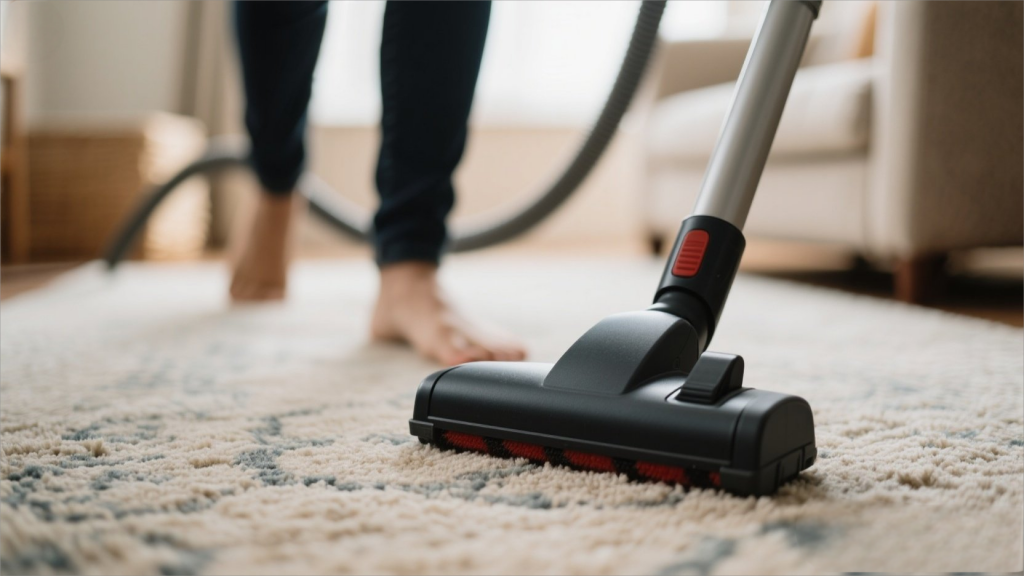Waking up way too early and feeling like your brain has decided it's go-time when it's absolutely not can be one of the most frustrating sleep issues out there. You're not alone—this early-morning alertness is a common complaint, and it often has less to do with willpower and more to do with biology, habits, or even underlying health conditions. The good news? There are ways to reclaim those precious hours of sleep and stop your body from treating 4 a.m. like a reasonable wake-up call.
The Science Behind Early Wake-Ups
Your sleep is regulated by two main systems: your circadian rhythm (your internal body clock) and your sleep drive (the pressure to sleep that builds the longer you're awake). If you're waking up too early, one or both of these systems might be out of whack. Cortisol, the hormone that helps you feel alert in the morning, can sometimes spike prematurely, tricking your body into thinking it's time to rise and shine. Stress, poor sleep hygiene, or even an overly bright room can contribute to this early cortisol surge. On the flip side, if your sleep drive isn't strong enough—maybe because you napped during the day or went to bed too early—your brain might decide you've had "enough" sleep before your alarm even has a chance to go off.
Lifestyle Factors That Could Be Sabotaging Your Sleep
Beyond medical conditions like sleep apnea or restless leg syndrome, everyday habits can play a huge role in those unwanted early wake-ups. Caffeine, for example, has a half-life of about five hours, meaning if you had a latte at 3 p.m., half of that caffeine is still in your system at 8 p.m. Alcohol, while it might knock you out initially, disrupts the second half of your sleep cycle, making early awakenings more likely. Even your workout routine could be a factor—exercising too close to bedtime can raise your core body temperature, making it harder to stay asleep. And let's not forget diet: going to bed hungry or after a heavy meal can both trigger middle-of-the-night wakefulness.
Retraining Your Brain to Sleep Through the Night
If your body has gotten into the habit of waking up early, you might need to reset your sleep patterns. One effective method is sleep restriction therapy: temporarily limiting your time in bed to match how much you're actually sleeping (even if that means a brutally early wake-up at first), then gradually extending it. Another trick is to delay your bedtime by 15 minutes each night until you find the sweet spot where you sleep straight through. Light exposure is also key—getting bright light first thing in the morning helps anchor your circadian rhythm, while avoiding screens at night prevents that artificial light from confusing your internal clock.
When to See a Doctor About Your Sleep
While most early wake-ups can be improved with lifestyle tweaks, there are times when it's worth consulting a professional. If you're consistently waking up feeling unrested, experiencing mood changes, or noticing cognitive difficulties, it could point to an underlying issue like depression, thyroid dysfunction, or a sleep disorder. A sleep specialist can help rule out conditions like sleep apnea (which often goes undiagnosed) or provide targeted treatments like cognitive behavioral therapy for insomnia (CBT-I), which has been shown to be more effective than sleep medications in the long run.
Fixing early wake-ups isn't always quick or easy, but with some patience and consistency, you can teach your body to respect the sanctity of those last few hours of sleep. The key is to approach the problem holistically—looking at everything from your nighttime routine to your stress levels—rather than searching for a single magic bullet. Sweet dreams (and slightly later mornings) are within reach.
























